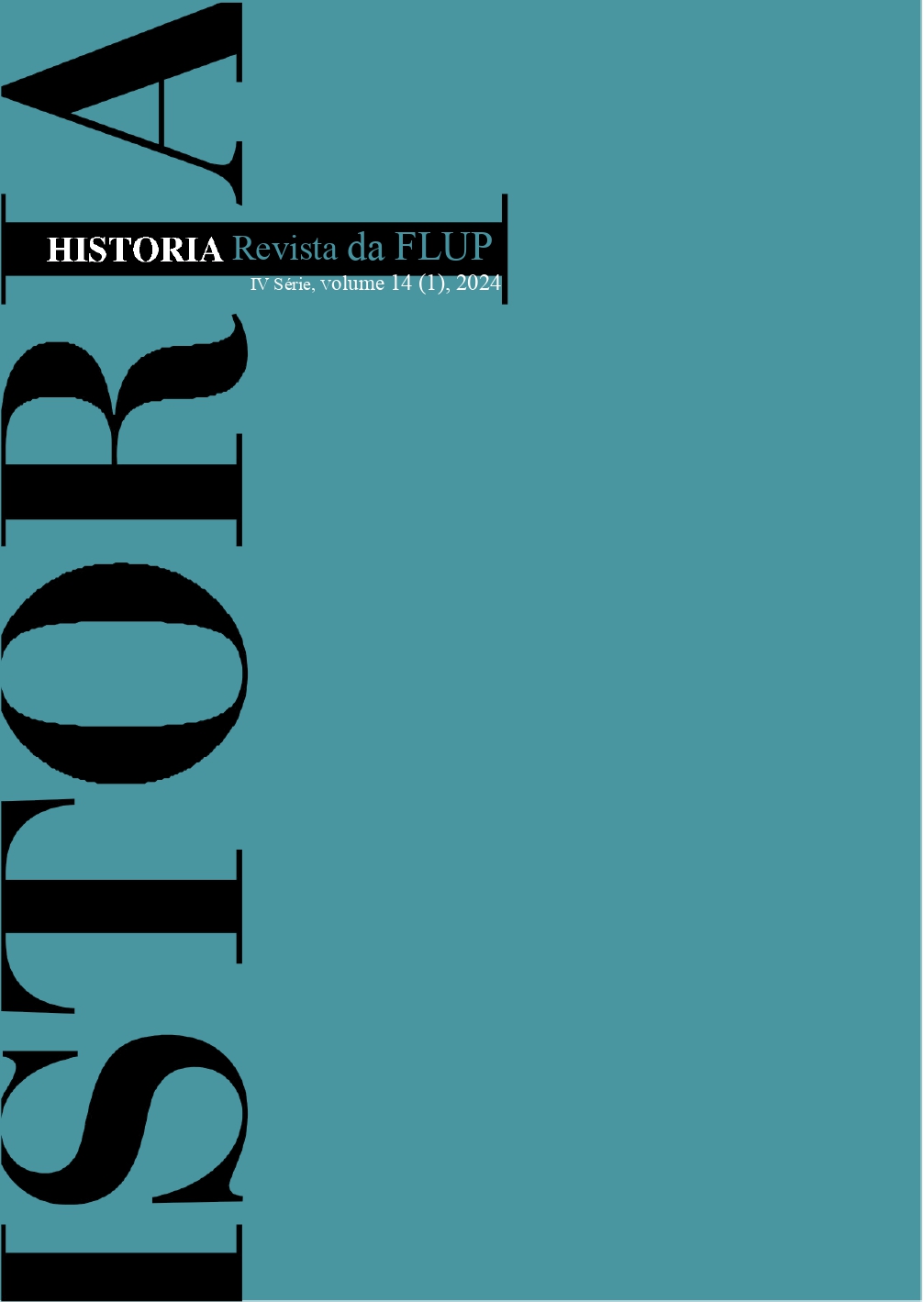Educação inclusiva no ensino superior português: avanços, desafios e medidas de apoio para estudantes
Resumo
O ensino superior em Portugal, pós-revolução de 1974, democratizou-se e massificou-se, ampliando a diversidade do público estudantil. Este artigo analisa as medidas de apoio à inclusão de estudantes presentes nos estatutos das Instituições de Ensino Superior (IES) públicas portuguesas. A análise documental de 25 estatutos destaca avanços na implementação desses apoios. Contudo, disparidades na distribuição entre as IES evidenciam a influência da autonomia institucional e a ausência de legislação nacional específica para inclusão no ensino superior. Essa lacuna legal permite que cada IES desenvolva seus próprios estatutos, resultando em variações nas ofertas de recursos para os/as estudantes.
Downloads
Publicado
Como Citar
Edição
Secção
Licença
Direitos de Autor (c) 2024 História: revista da Faculdade de Letras da Universidade do Porto

Este trabalho encontra-se publicado com a Licença Internacional Creative Commons Atribuição-CompartilhaIgual 4.0.
Os autores cedem à Revista da Faculdade de Letras da Universidade do Porto - História o direito exclusivo de publicação dos seus textos, sob qualquer meio, incluindo a sua reprodução e venda em suporte papel ou digital, bem como a sua disponibilização em regime de livre acesso em bases de dados.
Não são cobradas taxas (APC's) nem de submissão, nem de publicação dos artigos.






